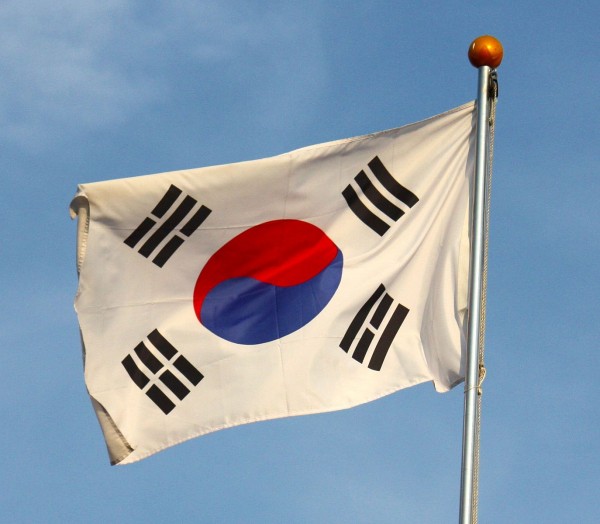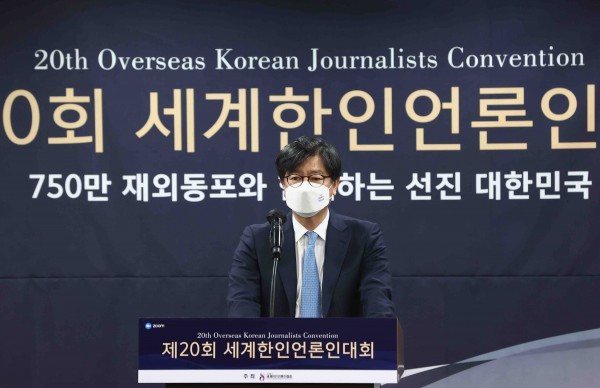The IPI global network today expressed serious concern over a bill in South Korea that would raise punishments for media outlets sued for publishing “fake news”.
South Korea’s governing Democratic Party of Korea (DPK) has introduced an amendment to the Media Arbitration Act that lawmakers claim is intended to combat the spread of false information.
According to multiple reports, if the bill is passed, news outlets and reporters would not only be made to issue corrections for dissemination of false information, but would also be liable to pay punitive damage to the complainant up to five times higher than the amount of actual damage. Media would also carry the burden of proof that any false reports were unintentional.
The DPK plans to push the reform through at a plenary session on August 25.
The new penalties would apply to media outlets that “intentionally” publish false information and where a complainant claims to have suffered harm. However, critics note that the criteria for determining “intention” is vague, and the bill could be used to silence critical reporting of those in power, particularly ahead of the presidential election next March, thus endangering press freedom in South Korea. Experts have also pointed out false news and defamation are already covered in South Korea’s existing civil and criminal laws.
“At a time when authoritarian governments are increasingly adopting so-called ‘fake news’ laws to stifle criticism, it is disappointing to see a democratic country like South Korea follow this negative trend”, IPI Deputy Director Scott Griffen said. “In introducing severe punishments based on highly vague concepts, this proposed law poses a clear threat to press freedom. We urge South Korean lawmakers to withdraw it.”
“In particular, we are extremely concerned that the excessive amount of punitive damages foreseen under this bill will be an invitation for disgruntled individuals to target journalists and media outlets for their work and threaten them with economic ruin. Moreover, the uncertainty attached to the concepts of ‘fake news’ creates an obvious risk of self-censorship in the press.”
Kim Dong-hoon, president of the Journalists Association of Korea, told the South China Morning Post, “The punitive damages system being pushed by the ruling party is bad law and will undermine Korea’s freedom of the press. It is often not possible to know what fake information is. From the perspective of the media, interpretations of truth can vary depending on a person’s biases.”
The Journalists Association of Korea, Kwanhun Club, Korea News Editors’ Association, Korean Association of Newspapers, Korea Internet Newspaper Association and Korea Woman Journalists Association published a joint statement in opposition to the bill and have begun collecting signatures from journalists and other media employees. The Culture, Sports and Tourism Ministry and the National Assembly Research Service along with several other experts have also expressed their concerns over the proposed revision.



